

5:00 am IST - 7:00 am IST
Past Event
Content from the Brookings Institution India Center is now archived. After seven years of an impactful partnership, as of September 11, 2020, Brookings India is now the Centre for Social and Economic Progress, an independent public policy institution based in India.
Brookings India hosted a panel discussion on ‘Managing 21st Century Geopolitics in Europe, West Africa and Indo-Pacific’ on December 15, 2015. The distinguished panel featured Ambassador Strobe Talbott, President, Brookings Institution and former US Deputy Secretary of State;Ambassador Martin Indyk, Executive Vice President, Brookings Institution and former US Special Envoy for Israeli-Palestinian negotiations; Ambassador Shivshankar Menon, Distinguished Fellow in Foreign Policy at Brookings and India’s former National Security Adviser and Foreign Secretary; and Dr. Tanvi Madan, Director of The India Project and fellow in the Foreign Policy program at the Brookings Institution.
The discussion mainly revolved around the issues of India-U.S. relations, the return of geopolitics to the world and the transnational threat posed by the Islamic State, also known as ISIS. It was attended by key stakeholders from business, governments, think-tanks and the media.India-U.S.: Politically Sound but Economically Challenging
On the topic of Indo-U.S. relations, all the panellists broadly agreed that the Indo-U.S. relationship has significantly matured and institutionalised over the years. This has been obvious from the spate of high-profile ministerial-level talks between Indian and American counterparts. The personal rapport between President Barack Obama and Prime Minister Modi has further strengthened this relationship. Ambassador Talbott pointed out that this personal relationship between the two leaders was also largely instrumental for the success of the COP21 talks in Paris. While there are occasional disagreements between the countries, there is now a certain level of maturity in dealing with these issues, away from the limelight and media propaganda. Indeed as Ambassador Menon pointed out, Indo-U.S. relations are currently at their best in terms of political and strategic issues. Both countries’ viewpoints converge on a wide range of issues such as cyber security, space, maritime issues, the return of geopolitics, terrorism etc. and are willing to work together in finding solutions to these problems. Surprisingly, the economic side of the relationship remains a challenge with differing expectations on issues such as Intellectual Property Rights (IPR), market access, and trade agreements such as the Trans-Pacific Partnership. With the fragmentation of the global economic order in the recent years, managing the rise of India on the world stage will be an important challenge for the Indo-U.S. relationship. However, Ambassador Indyk and Ambassador Talbott were hopeful that these issues will be resolved in due course, with countries like India and China eventually becoming a part of TPP and other U.S.-led global governance initiatives.
According to Ambassador Talbott and Ambassador Indyk, the India-U.S. relationship has over the years managed to garner strong bi-partisan support from the Republicans and Democrats alike, started by President Bush and continued by President Obama. Irrespective of the result of the upcoming Presidential elections in the U.S., this relationship will follow an upward trajectory in the coming years as well. Both diplomats also outlined the benefits of a more centrist American foreign policy for India-U.S. relations and geopolitics at large.
ISIS, a more brutal version of al Qaeda
On the return of geopolitics in the world, there was a consensus among the panellists on the grave nature of the terrorist threat posed by the Islamic State (ISIS) and its affiliates across borders. ISIS has emerged as the more brutal version of al Qaeda with control over large swathes of territory in Iraq and Syria and 8 million people living under its rule. While it has taken control of territory through extreme brutality and intimidation, ISIS has also set up functioning institutions which have prevented revolt and forced its subjects into submission, either coerced or willing. It is also known to make effective use of social media to recruit thousands of fighters from the Middle East, Africa, Europe and Asia. The hope that ISIS’s control of territory will eventually result in its own undoing has also not been realised. Despite the confusion within ISIS on its governing strategy on whether to fight the ‘infidel’ or feed its population, ISIS has proved to be extremely resilient.
One of the reasons offered for the exponential rise and survival of ISIS is the ideological role of the organization. Ambassador Menon argued that ISIS cannot be exterminated by military action alone because it is basically an idea that appeals to large sections of the population in countries like Iraq and Syria. Further, ISIS is not the cause of problems in the Middle East and elsewhere but a symptom of the problem posed by weak state structures, social conditions and lack of community integration. The recent Paris attacks were a case in point where the attackers were born, raised, educated and radicalized in France and Belgium but influenced by the idea of ISIS. Ambassador Talbott also pointed out that the emerging question in many parts of the world on whether Islam inherently creates a fertile ground for Islamic extremism, is a dangerous one. Empirical evidence suggests that ISIS was neither born nor has attained any significant foothold in countries with the largest Muslim populations in the world, namely India and Indonesia. Therefore, it is misguided to assume that Islam engenders extremism.
The panellists agreed that ISIS is a complicated problem and will need complex solutions. Merely exterminating the ISIS leadership in Iraq and Syria will prove to be insufficient in combatting the ideological nature of the threat in the long run, as was observed in Iraq and later in Afghanistan. According to Ambassador Indyk, the western approach of militarily targeting ISIS through air-strikes and raids might even fuel ISIS’s vision and narrative of an apocalyptic conflict with the west. A credible solution to ISIS would be its replacement by other Sunni institutions backed by the west. However, uniting the Sunnis to form a credible opposition to ISIS has been a difficult task given the opposing geopolitical interests of major powers in the region. For example, attempts at resolving the Yemen conflict so as to shift the attention of the Saudi forces from fighting in Yemen to combatting ISIS have largely been unsuccessful and are unlikely to succeed in the near future. Countries like Iran, Turkey, Saudi Arabia, Israel and Egypt need to attain some level of equilibrium and consensus in order to ensure sustainable peace in the region. The solution to ISIS therefore lies in the hands of the people of Middle East themselves and cannot be imposed by western powers.
In conclusion, the last few years have witnessed the return of geopolitics in the world and the rise of threats from state and non-state actors aimed at challenging the existing international order. Managing 21st Century politics to ensure peace and security in the world is therefore going to be a significant challenge for all actors involved.
With inputs from Ujjwal Krishna and Mahima.
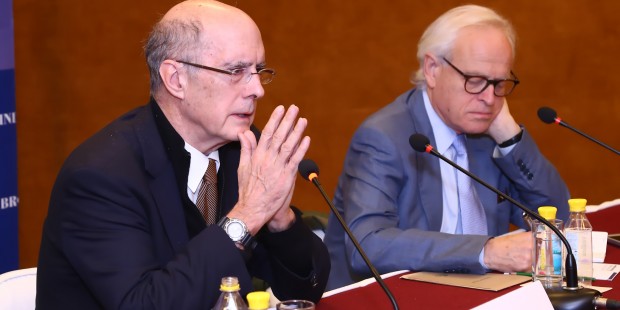
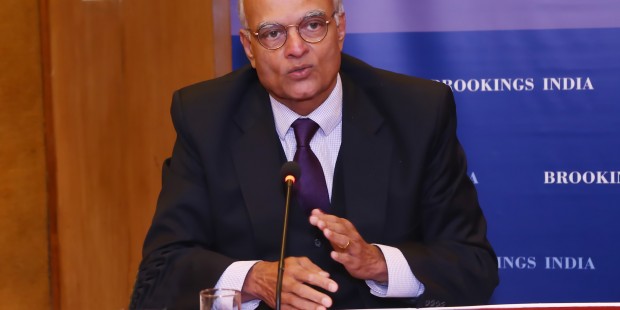
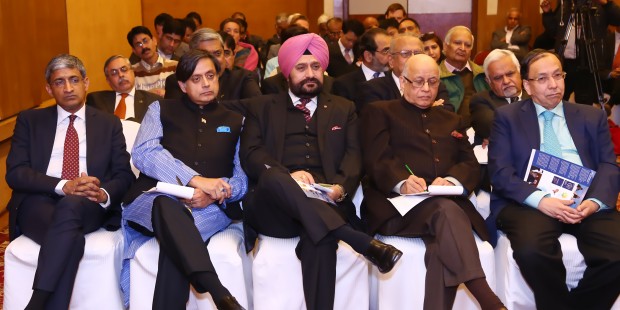
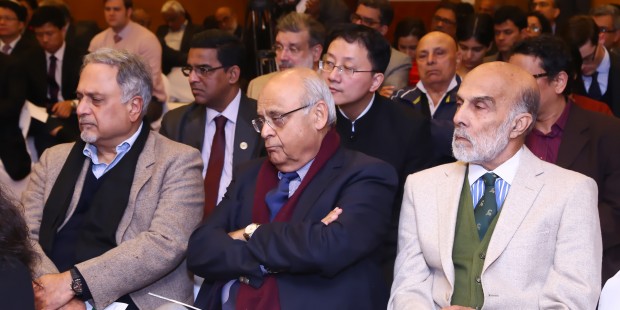
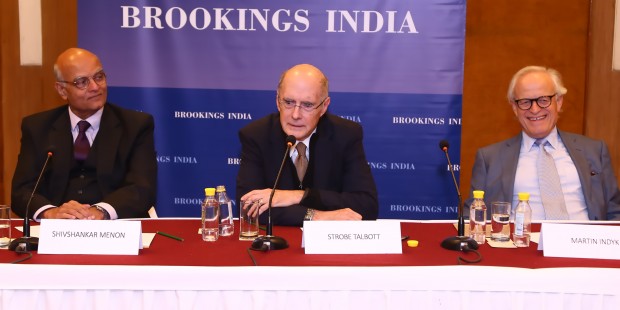
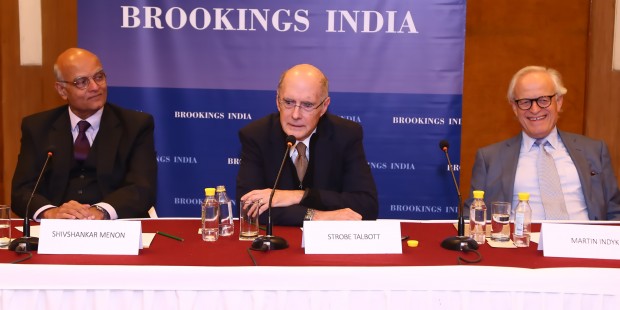
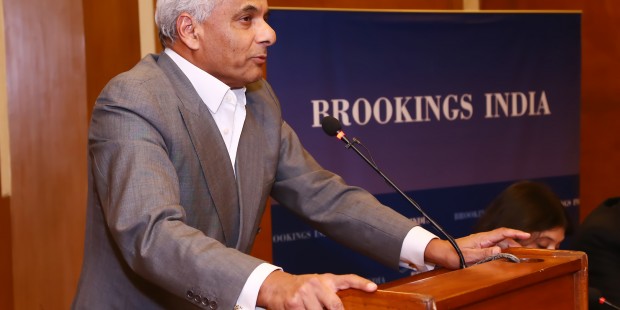
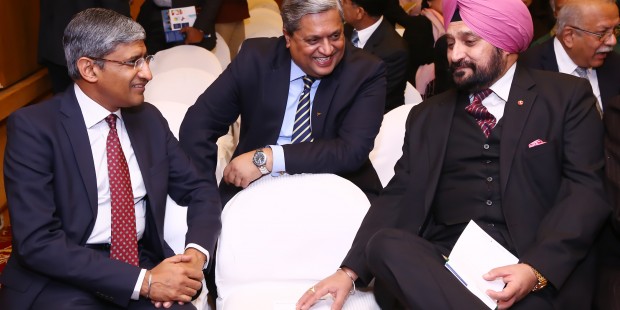
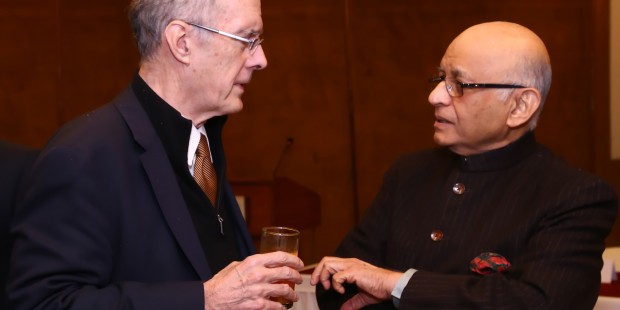
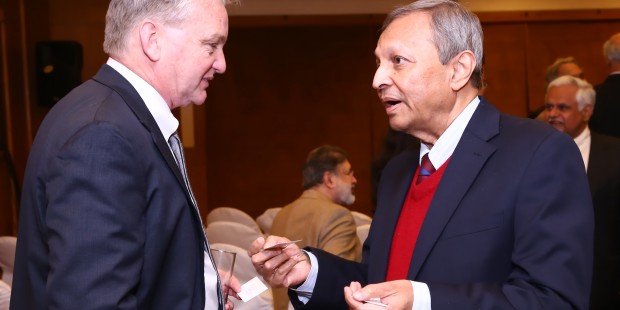
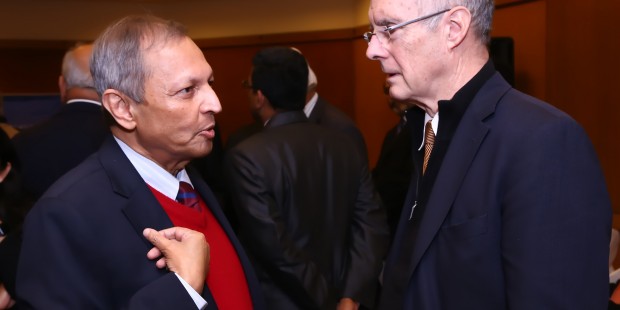
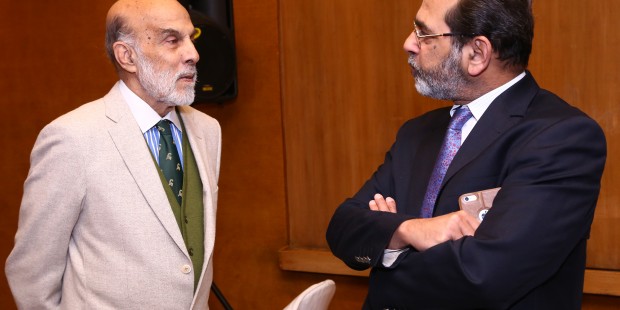
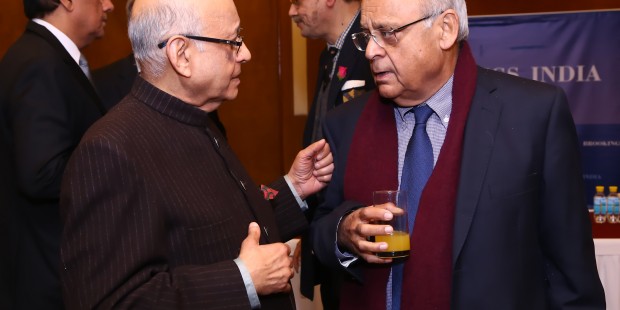
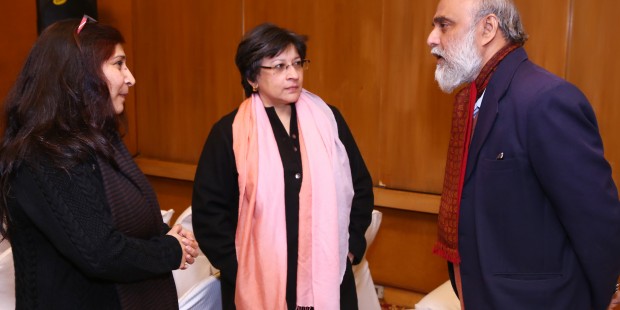
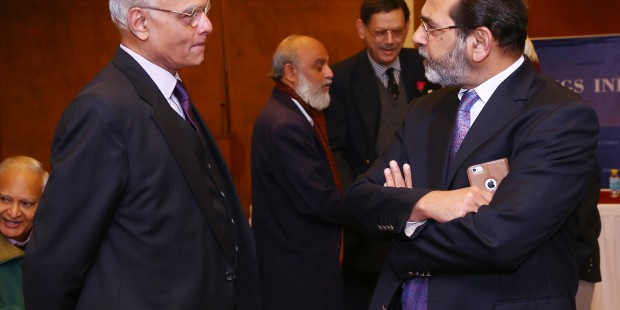
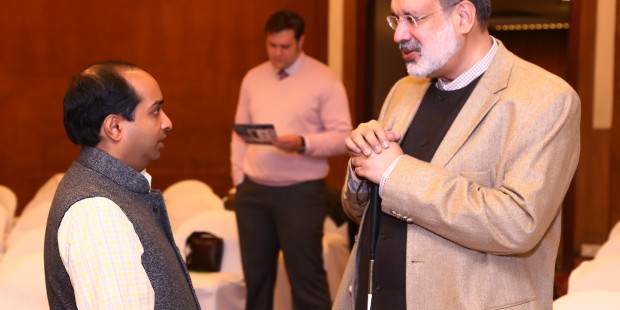

Rahul Tongia, Anurag Sehgal, Puneet Kamboj
2020
Online Only
Tuesday, 3:00 am - 4:40 am IST

Saneet Chakradeo
August 18, 2020